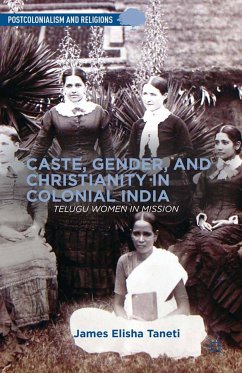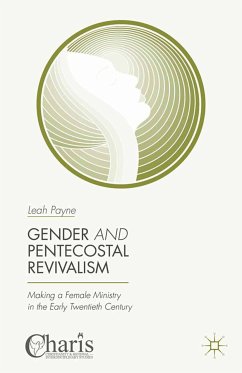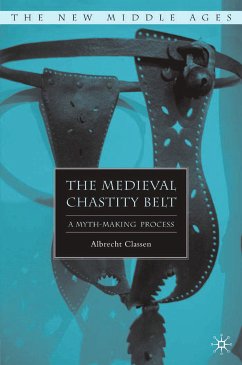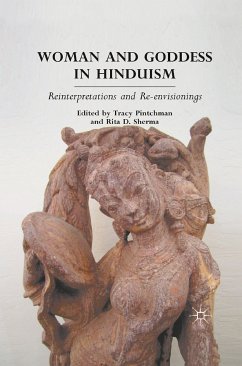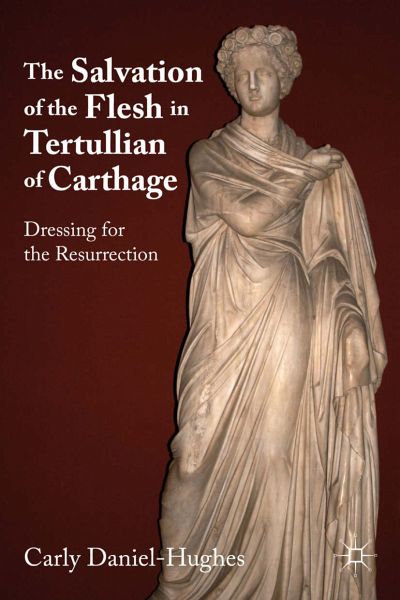
The Salvation of the Flesh in Tertullian of Carthage (eBook, PDF)
Dressing for the Resurrection
Versandkostenfrei!
Sofort per Download lieferbar
40,95 €
inkl. MwSt.
Weitere Ausgaben:

PAYBACK Punkte
20 °P sammeln!
Examines Tertullian of Carthage's (160-220 C.E.) writings on dress within Roman vestimentary culture. It employs a socio-historical approach, together with insights from performance theory and feminist rhetorical analysis, to situate Tertullian's comments in the broader context of the Roman Empire.
Dieser Download kann aus rechtlichen Gründen nur mit Rechnungsadresse in A, B, BG, CY, CZ, D, DK, EW, E, FIN, F, GR, HR, H, IRL, I, LT, L, LR, M, NL, PL, P, R, S, SLO, SK ausgeliefert werden.






